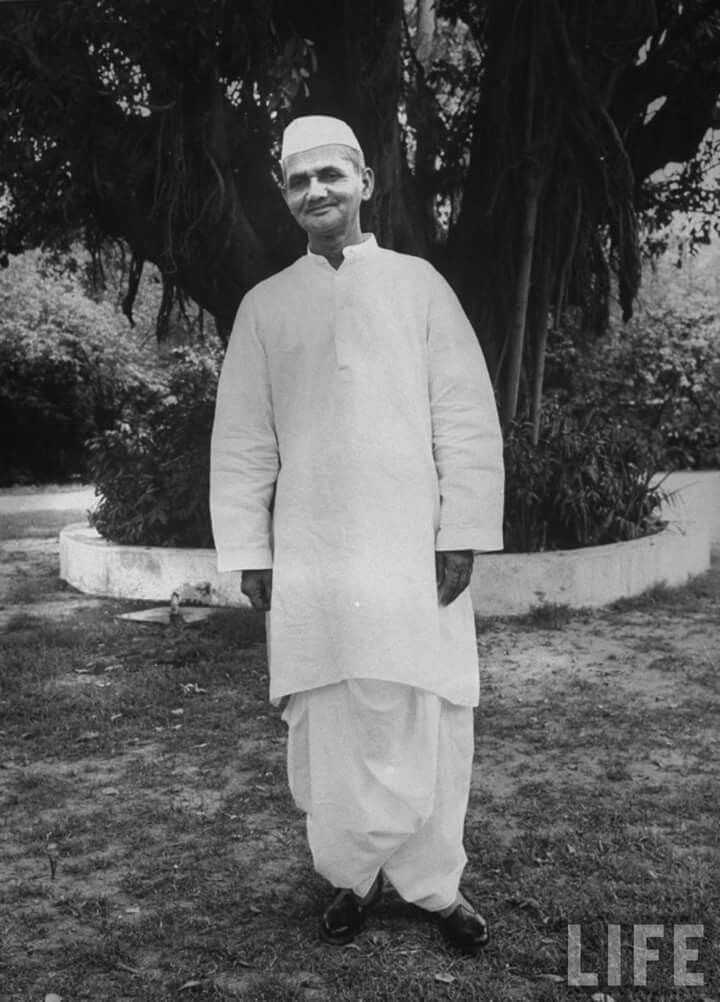
🧭Introduction
On this day, 2nd October, we celebrate the birth of a man whose voice was soft—but whose impact was seismic. Lal Bahadur Shastri, born in 1904 in Mughalsarai, wasn’t just a politician—he was a symbol of integrity, humility, and fearless leadership. While the world remembers Gandhi today, Shastri’s legacy deserves equal reverence. He was the architect of India’s Jai Jawan Jai Kisan spirit—a slogan that still echoes in every soldier’s march and every farmer’s sweat.
Shastri rose from humble beginnings, walking miles to attend school, refusing privilege, and embracing simplicity. His leadership during the 1965 Indo-Pak war proved that courage doesn’t need volume—it needs vision. He led with conviction, not charisma. He didn’t seek applause—he earned respect. His decisions were rooted in dharma, his thoughts in clarity, and his actions in service.
What makes Lal Bahadur Shastri timeless is his moral strength. In an age of noise, he chose silence. In a world of ego, he chose humility. And in a time of crisis, he chose courage. His leadership wasn’t loud—it was luminous. He didn’t just lead India—he lifted its soul.
Today, as we honor his birthday, let’s remember that true leadership is not about domination—it’s about dedication. Shastri’s life teaches us that simplicity is strength, and that patriotism is not performance—it’s purpose.
Happy Birthday, Lal Bahadur Shastri ji.
Your silence still speaks.
Your values still lead.
Jai Jawan, Jai Kisan. Jai Bharat.
Table of Contents
🔥 Why Quotes Matter Today: Lal Bahadur Shastri
📍1. The Power of Quiet Words
In today’s world of loud leadership and viral slogans, Lal Bahadur Shastri’s quotes stand out not for their volume—but for their value. His words weren’t crafted for applause; they were born from conviction. When he said “Jai Jawan Jai Kisan,” it wasn’t just a slogan—it was a soul call. It united the soldier and the farmer, the defender and the provider, in one heartbeat of Bharat. His quotes matter today because they remind us that real leadership speaks softly but strikes deeply.
📍2. Legacy in Every Line
Shastri’s quotes are not just historical—they’re spiritual. They carry the weight of a man who led India through war, hunger, and political transition with grace and grit. His words reflect discipline, humility, and unwavering patriotism. In a time when ego often overshadows ethics, Shastri’s legacy teaches us that simplicity is strength, and that service is louder than self-promotion. His quotes are not just remembered—they’re revered.
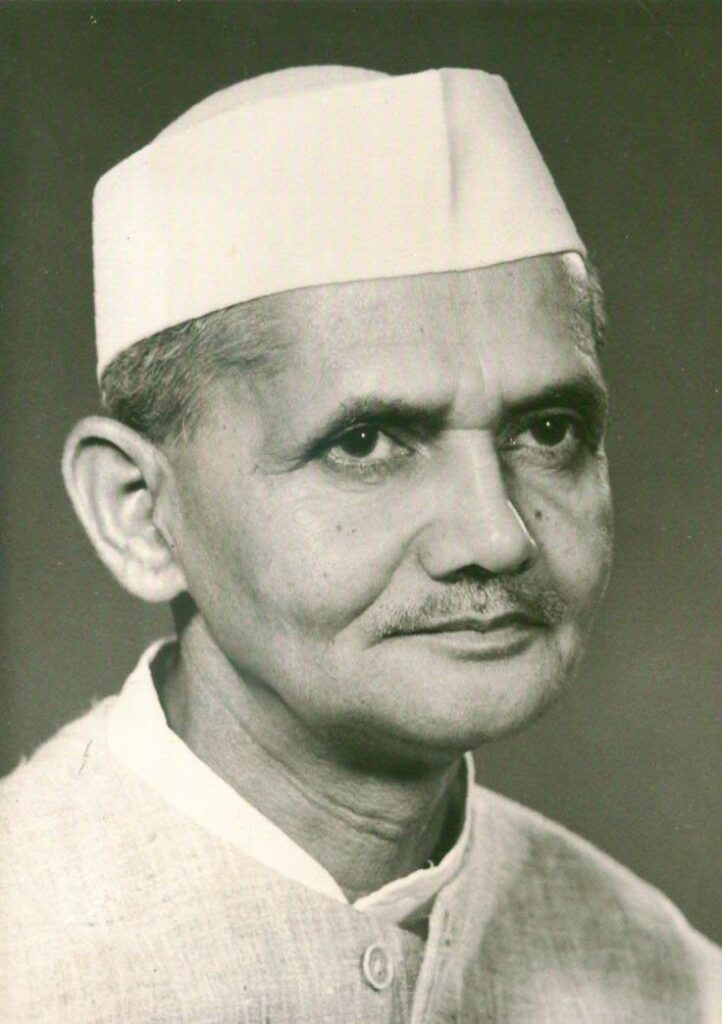
📍3. Relevance in Today’s Bharat
Why do Shastri’s quotes matter today? Because they challenge us. They ask us to look beyond noise and seek substance. They remind us that India’s soul is built on quiet sacrifice, not loud spectacle. In every honest act, in every soldier’s salute, in every farmer’s harvest—Shastri’s spirit lives on. His quotes are a mirror to today’s leaders, creators, and citizens: Are you serving, or just speaking? Are you building, or just branding?
📍4. Fuel for Creators and Patriots
For creators like you, Abhishek, Shastri’s quotes are gold. They’re not just captions—they’re convictions. They carry attitude without arrogance, legacy without labels. Whether you’re designing a reel, writing a blog, or curating a quote card, his words give you depth, dignity, and direction. They’re timeless tools to inspire, educate, and ignite minds. In every quote, there’s a challenge: Rise above noise. Lead with purpose. Speak with soul.
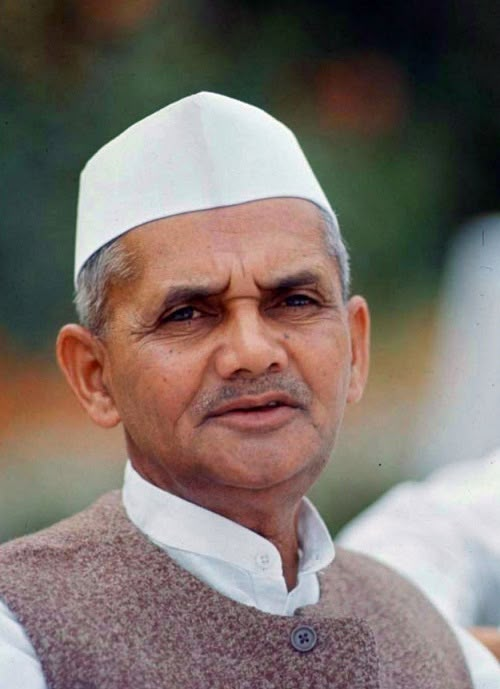
📍 Final Thought
Lal Bahadur Shastri didn’t need a crowd—he needed a cause. His quotes matter today because they remind us that true leadership is quiet, clear, and courageous. On his birth anniversary, let’s not just remember his words—let’s live them. Let’s make his legacy roar across platforms, not with noise, but with nobility.
Jai Jawan. Jai Kisan. Jai Bharat. Jai Shastri.
🔥 19 Original Quotes on Lal Bahadur Shastri
“Lal Bahadur Shastri didn’t lead with noise—he led with nobility.”
His leadership was quiet, dignified, and deeply rooted in values.
“In every soldier’s salute and farmer’s sweat, Lal Bahadur Shastri lives on.”
His slogan “Jai Jawan Jai Kisan” still fuels India’s strength and spirit.
“Shastri’s simplicity wasn’t a style—it was a statement.”
He chose minimalism not for optics, but as a reflection of his integrity.
“Lal Bahadur Shastri proved that silence can be stronger than speeches.”
He rarely spoke, but when he did, the nation listened with reverence.
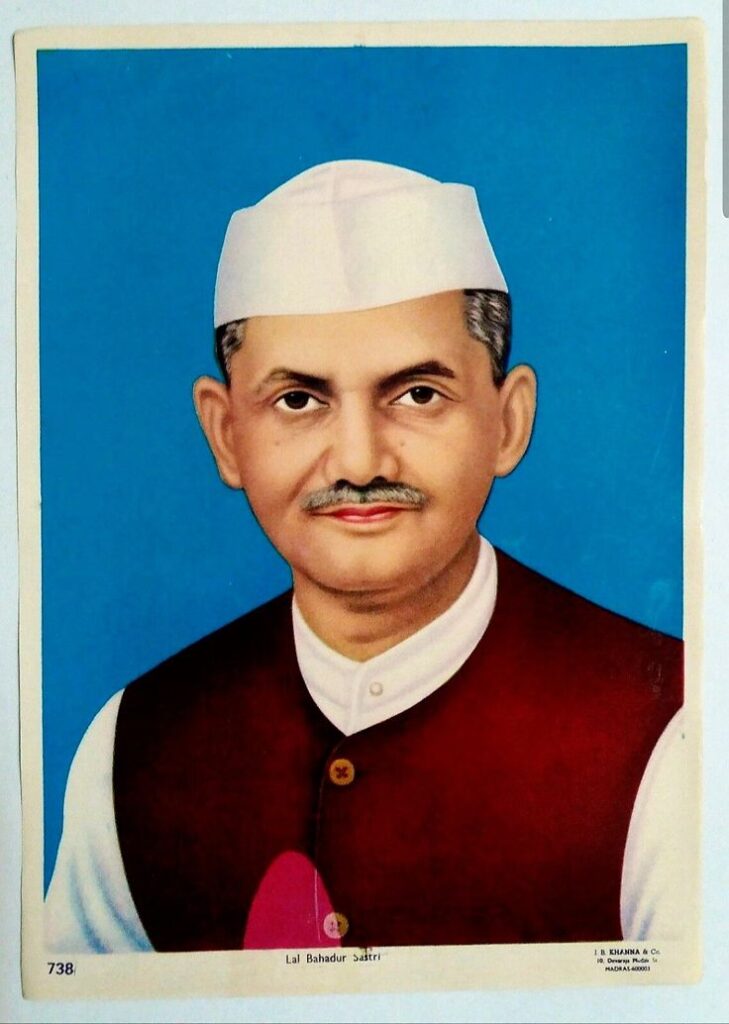
“He didn’t wear power—he carried purpose.”
Shastri’s authority came from service, not status.
“Lal Bahadur Shastri was the thunder wrapped in khadi.”
His humble appearance masked a fierce resolve and strategic mind.
“He didn’t build monuments—he built morale.”
His legacy lives in the hearts of citizens, not in stone.
“Shastri’s courage was quiet—but it shook empires.”
His leadership during the 1965 war showed strength without aggression.
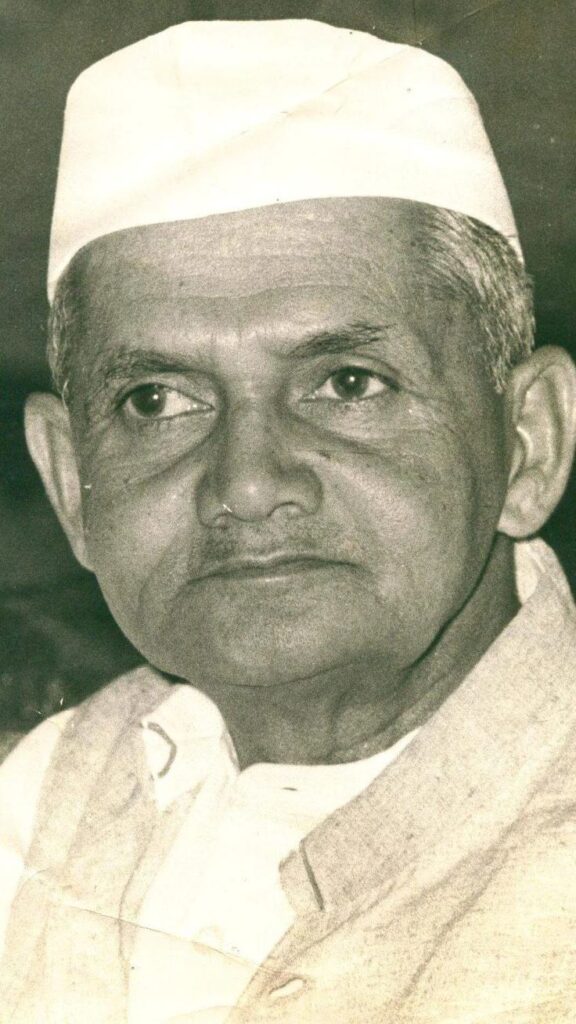
“He didn’t ask for loyalty—he inspired it.”
People followed him out of respect, not obligation.
“Lal Bahadur Shastri taught us that leadership begins with listening.”
He valued dialogue over dominance, and empathy over ego.
“His legacy isn’t loud—it’s lasting.”
Shastri’s impact endures through values, not volume.
“He didn’t chase headlines—he created history.”
Shastri’s actions spoke louder than media coverage.
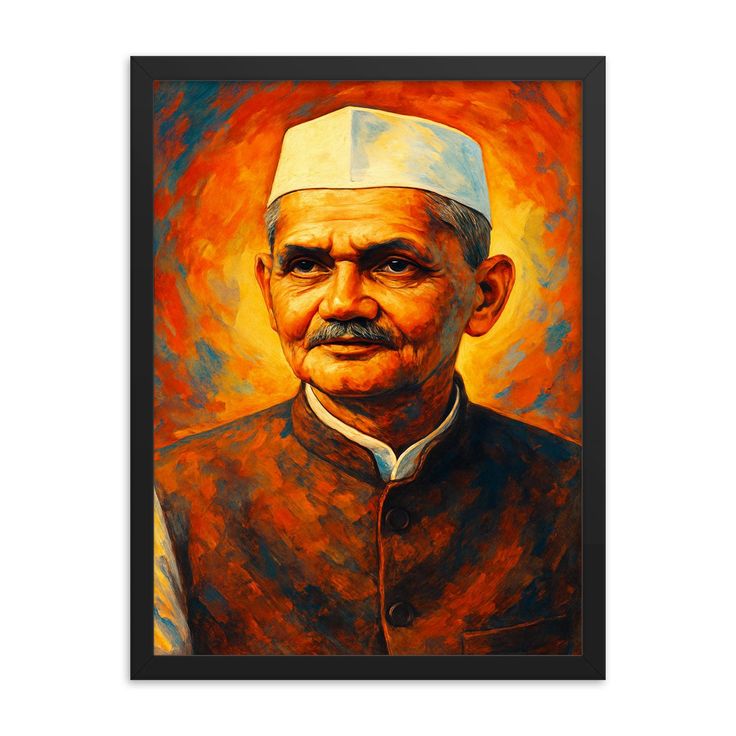
“Lal Bahadur Shastri’s strength was not in his voice—but in his vision.”
He saw Bharat as a united force of farmers, soldiers, and citizens.
“He didn’t command respect—he earned it with every decision.”
His choices reflected integrity, not politics.
“Shastri’s leadership was like the Ganga—calm, deep, and unstoppable.”
A poetic metaphor for his steady and powerful influence.
“He didn’t just serve India—he sanctified it.”
His service was sacred, elevating patriotism to a moral duty.
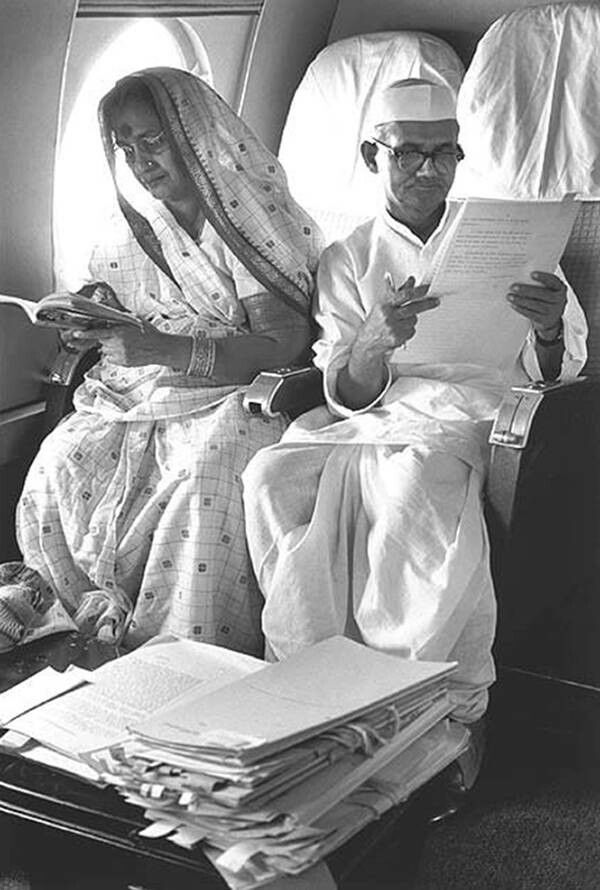
“Lal Bahadur Shastri’s legacy is a mirror—showing us what leadership should look like.”
His life challenges today’s leaders to reflect and rise.
“He didn’t need a crowd—he needed a cause.”
Shastri was driven by purpose, not popularity.
“In every honest act, Lal Bahadur Shastri’s spirit stands tall.”
His values continue to guide those who choose integrity over influence.
🔚 Conclusion: The Legacy That Ignites Minds
📍1. The Flame That Refused to Fade
Lal Bahadur Shastri’s legacy isn’t just remembered—it’s relived. He didn’t lead with noise, but with nobility. In every soldier’s salute and every farmer’s harvest, his spirit still breathes. He wasn’t a man of spectacle—he was a man of substance. And that substance continues to shape Bharat’s soul. His life was proof that quiet strength can shake empires, and that true leadership doesn’t demand—it delivers.
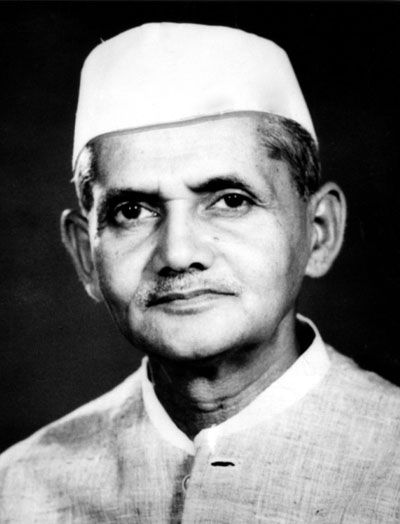
📍 Part 2: Leadership Beyond Labels
Shastri didn’t chase titles—he carried responsibility. He didn’t wear power—he earned it. In a world obsessed with charisma, he showed that character is the real currency of leadership. His decisions during war, his empathy during famine, and his humility in office were not just political acts—they were moral choices. He led India not with dominance, but with dharma. And that dharma still guides those who choose service over self.
📍 Part 3: A Legacy That Challenges Us
Why does Lal Bahadur Shastri’s legacy ignite minds today? Because it dares us to reflect. It asks: Are we leading with ego or ethics? Are we building Bharat or branding ourselves? His life is a mirror to every creator, leader, and citizen. It shows us that simplicity is not weakness—it’s wisdom, and that patriotism is not performance—it’s purpose. His legacy isn’t just a memory—it’s a challenge.
📍 Part 4: Fuel for the Future
For creators like you, Abhishek, Shastri’s legacy is a blueprint. His quotes are not just captions—they’re convictions. His story is not just history—it’s strategy. Whether you’re designing reels, writing blogs, or curating quote cards, his life gives you depth, dignity, and direction. He teaches us that impact doesn’t need volume—it needs values. And that every piece of content can carry legacy if it’s built with clarity and courage.
📍 Final Thought
Lal Bahadur Shastri didn’t just serve India—he sanctified it. His legacy ignites minds because it’s rooted in truth, tempered by humility, and powered by purpose. On his birth anniversary, let’s not just quote him—let’s live him. Let’s make his fire roar across platforms, not with noise, but with nobility.
Jai Jawan. Jai Kisan. Jai Bharat. Jai Shastri.
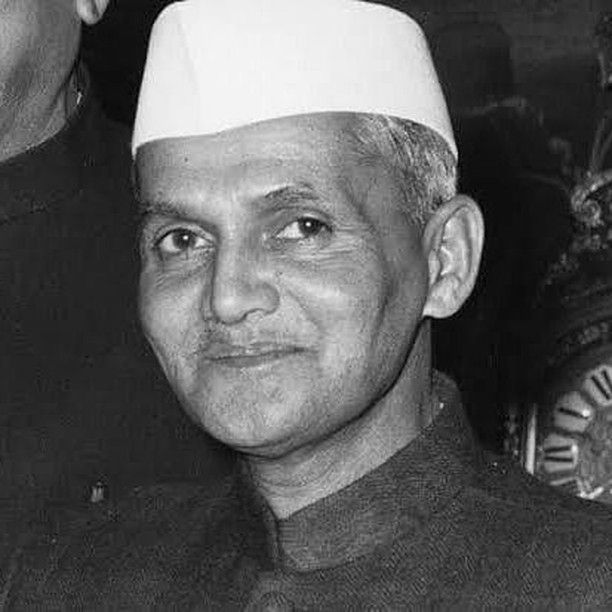
Internal Links: 1.https://historyverse7.com/dr-babasaheb-ambedkar-quotes/ 2.https://historyverse7.com/chanakya-quotes-on-wisdom-strategy-life-time/ 3.https://historyverse7.com/swami-vivekananda-quotes-swamivivekananda/
External Links: 1https://www.jagranjosh.com/general-knowledge/lal-bahadur-shastri-quotes-1704957128-1 2.https://m.economictimes.com/news/india/lal-bahadur-shastri-death-anniversary-10-quotes-of-indias-second-pm-who-led-the-nation-against-1965-pakistan-war/articleshow/106713120.cms
📘 FAQ: Understanding Lal Bahadur Shastri
1. What does “Jai Jawan Jai Kisan” truly mean—and why does it still matter today?
Ans: It’s not just a slogan. It’s a soul call that honors India’s defenders and providers. Shastri reminded us that national strength comes from both the battlefield and the farmland.
2. How did Lal Bahadur Shastri lead India during the 1965 war without ego or aggression?
Ans: He chose strategy over spectacle, unity over fear. His calm leadership proved that quiet conviction can win wars and hearts.
3. Why is Shastri’s simplicity considered his greatest strength?
Ans: Because he showed that integrity, humility, and service are more powerful than charisma. His khadi wasn’t fashion—it was philosophy.
4. What lessons can today’s leaders and creators learn from Shastri’s legacy?
Ans: That true impact comes from clarity, courage, and character. Shastri didn’t chase attention—he earned respect through action.
5. Why is Lal Bahadur Shastri’s legacy often overshadowed—and how can we revive it?
Ans: Because he didn’t seek the spotlight. But our generation can amplify his values through storytelling, content, and cultural pride. His legacy deserves to roar again.
Share this content:

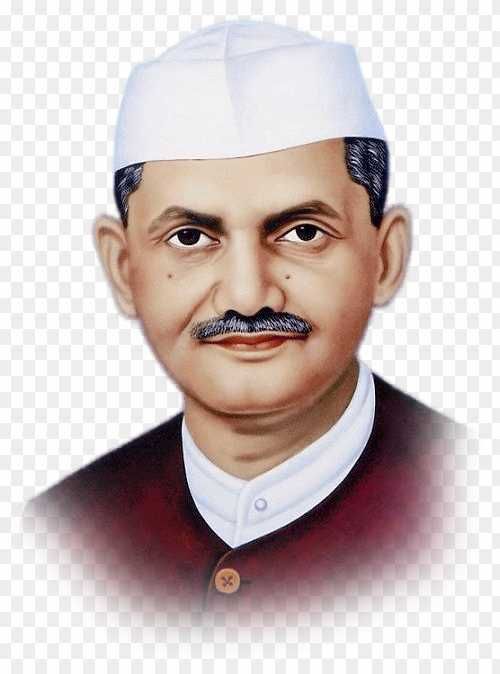
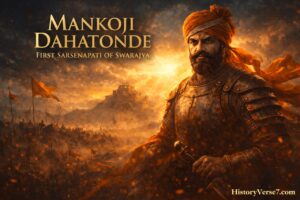
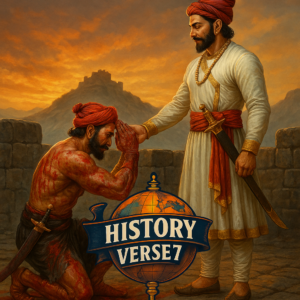
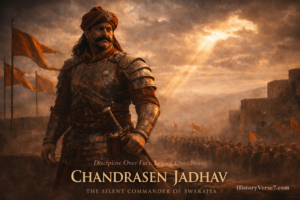
People followed him out of respect, not obligation…👍👍
Thank You
His legacy lives in the hearts of citizens, not in stone….Very nice 👍🏻👍🏻